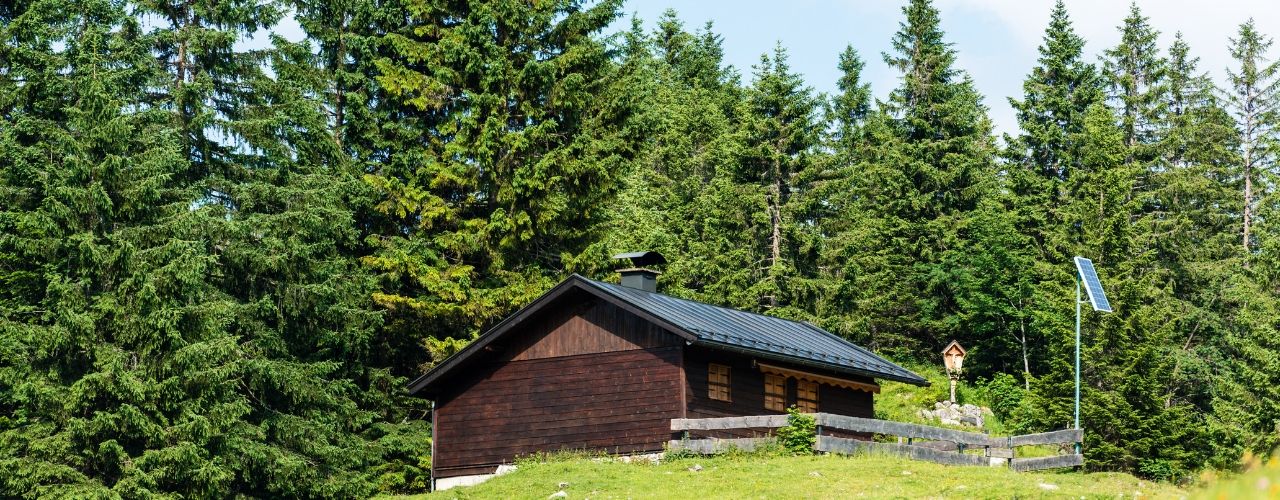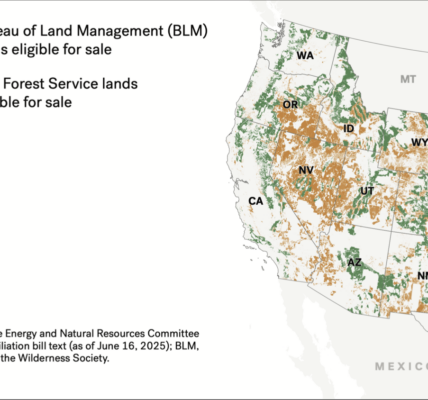The hustle and bustle of city living, and the constant barrage of technology and social media, can be overwhelming. Recently, more and more people have chosen to pack their bags and move to the countryside, ready to get back to basics and try their hand at living off-grid. If you’re ready for a change of pace, or just want a quieter lifestyle, check out these helpful tips for living off the grid.
Utilize alternative energy sources
Perhaps the most important tip for living off the grid is to utilize alternative energy sources. Solar panels are a great, eco-friendly energy source that operate independently from power lines and provide a strong source of power to your home. Other off-grid homes utilize wind turbines to create an energy-efficient system. The climate and location of your off-grid home will also have some influence on the energy source you choose. Naturally, you should place solar panels on homes that receive a lot of sunlight, while homes located near waterways should utilize hydropower. You may also choose to create a hybrid system, combining solar panels, wind turbines, and hydropower systems to create a diverse and powerful energy source.
Grow your own produce
When living off the grid, it can be quite inconvenient to make a trip to the grocery store every week. Growing your own produce will save you a trip into town and it’s a great way to make your off-grid home more environmentally friendly. Before you build your garden, research which crops will grow best in your climate and terrain. Tomatoes and cucumbers are relatively low maintenance vegetables that are easy for first-time gardeners and thrive in many climates. Creating a compost bin for food scraps is also a great way to fertilize your home garden to create bigger and better produce.
Use eco-friendly materials and appliances
A large draw to living off the grid is that it’s more environmentally friendly than other living options. To make your off-grid home even more sustainable, incorporate eco-friendly appliances throughout your home. Energy-efficient appliances and low-flow shower heads will help reduce your carbon footprint, while green building materials will reduce the amount of waste created by your home. Metal roofing, for example, can contain almost 95% recycled materials and is completely recyclable at the end of its very long life, which makes it a great sustainable building material. Metal roofs also reduce indoor temperatures to help lower energy use.
Choose the right location
Living off the grid doesn’t mean you have to live in complete solitude. In fact, when you choose a location, you may want to consider a home near others in a similar living situation. Living near people who also live off-grid can help you foster a strong community of like-minded individuals you can turn to for support. Additionally, you’ll want to consider climate and terrain when you select the location. If you plan to grow your own produce, as we suggest, you should choose an area with fertile soil, lots of sunlight, and plenty of rain. Safety is also crucial to consider. Off-grid homes tend to be a bit further from modern civilization, but you should still make sure you’re within a safe distance of a fire station, hospital, and police station.





